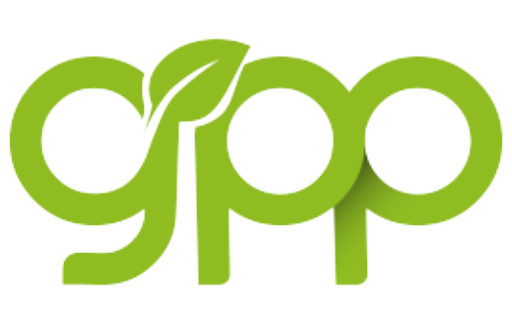What is Green Public Procurement?
Green Public Procurement (GPP) is defined in the European Commission’s Communication (COM(2008)400) as “a process whereby public authorities seek to procure goods, services and works with a reduced environmental impact throughout their life cycle when compared to goods, services and works with the same primary function that would otherwise be procured.”
GPP is a voluntary instrument and EU Member States can determine the extent to which policies or criteria are applied. It plays a key role in EU’s efforts to boost a resource-efficient economy.
In 2021, the Ministry for the Environment, Energy and Public Cleanliness (MEEC) published the GPP National Action Plan 2022-2027. This Action Plan, which came into effect on 1 January 2022, encourages the government to buy more environmentally friendly products and services. The target is to progressively increase the share of government’s procurement in greener products to 90% of tenders which fall under the scope of GPP, by 2027.
The GPP National Action Plan 2022-2027 outlines targets for 17 different types of products and services, 14 of which are mandatory and 3 are non-mandatory. It applies environmental standards to any purchase over €5,000. These consist of:
1. Copying and graphic paper
2. Gardening products and services
3. Computers and monitors
4. Imaging equipment
5. Textiles
6. Cleaning products and services
7. Street lighting and traffic signals
8. Transport
9. Office building design, construction and management
10. Road design, construction and maintenance
11. Paints, varnishes and road markings
12. Sanitary tapware
13. Toilets and urinals
14. Hospitality and catering services
The non-mandatory criteria consist of:
1. Furniture
2. Vending machines
3. Electric and electronic equipment used in health care




